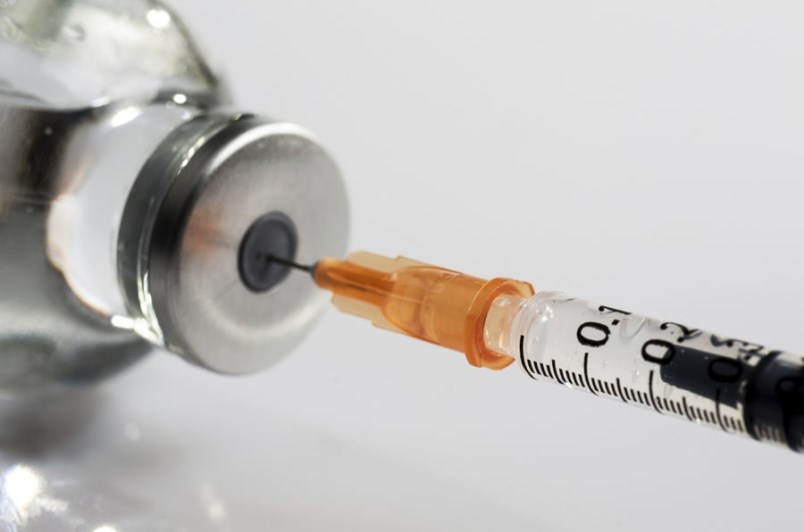I have spent my adult life working as a scientist, as a chemist. It certainly has influenced the way I think about things.
I was recently working with a student on a research project. It was a modification of a fairly old experiment. In the 1950s, Stanley Miller and Harold Urey were able to generate amino acids and other simple molecules by applying a “lightning spark” to a mixture of gases and water representative of the primordial soup.
We were asking a very simple question – what would be the effect of adding metal ions into the mix?
We started from scratch, having to build an appropriate apparatus for carrying out the experiment. We then tried to replicate Miller and Urey’s results without using any metals. Amazingly enough, a simple mixture of methane, hydrogen, water, nitrogen, and ammonia does give rise to a number of organic compounds.
The tricky part was analyzing what we had made. And we are still not sure about all of the compounds present. But that is part of science.
As Isaac Asimov put it – “The most exciting phrase to hear in science, the one that heralds new discoveries, is not ‘Eureka’ but ‘That’s funny...’”
Even replicating an old experiment, our results were interesting. And when we added some metal ions in the form of salts, things got really interesting. We still don’t know what we made – it will take some time to analyze all of the material we generated – but we definitely generated new and possible novel compounds.
And when I say “we” I really should be saying my student got some very interesting results.
I mention this because at its heart, this is what scientists do. We are those kids who went around asking “why?” and “how?” when we were young and we are still asking those questions. We are explorers constantly prodding and poking at nature.
I also mention this because this was a fairly straightforward experiment lasting only seven weeks with a clearly defined goal and a procedure which involved very few variables. Research in chemistry tends to involve very few variables because we are able to control most of the conditions.
The temperature of the water, the amount of gas, the amount of water, the time for each run, the salts we were adding to the mixture – these are all things under our control. And none of them include the messy human element.
Over the past 18 months, we have all been watching science in action with the development of COVID vaccines – an experiment involving way more variables.
These are much more complicated experiments involving many scientists working diligently, each picking apart their own part of the problem.
Because the vaccines are for humans, it is not enough to mix a few chemicals in a flask and hope to get something interesting. It is much more complicated.
All of the vaccines are built based on our understanding of biochemistry and molecular biology. We know how viruses work. The tricky part is figuring out how to stop them.
The number of variables involved is orders of magnitude greater than in our experiment. This is why vaccine development takes time. Ironically, time was the one thing no one gave the scientists.
Pundits and politicians around the world, on both sides of the political aisle, were complaining about how long it was taking to generate a vaccine.
Did the scientists doing the research rush things? No. They carried out all of the steps necessary to ensure the vaccines would be safe. They were open and transparent with their findings. The data was checked by thousands of individuals. You can read it in journals.
They succeeded in generating vaccines in an effort somewhat akin to putting a human on the moon and did so in a few short months.
Were there some false steps along the way? Yes. But the scientific approach is self-correcting. The whole framework for the science responding to COVID-19 has had to backtrack and modify our understanding several times. But that is how science works.
It is not simply a matter of asking a question and getting straight to the answer. It is more complex and interesting.
In the case of the vaccines, every precaution was taken given the timeline demanded by the politicians and public.
But now we have people saying they don’t want the vaccine. In a little over six months, 70 per cent of Canadians have received one dose and 50 per cent are fully immunized but the rate of vaccination is slowing. This trend appears in many countries and particularly the United States where vaccine hesitancy seems to have firmly take hold of a large portion of their population.
The science is unequivocal. Vaccines drastically reduce the incidence of disease and death. The COVID-19 vaccines are safe and effective. So why are people waiting?



